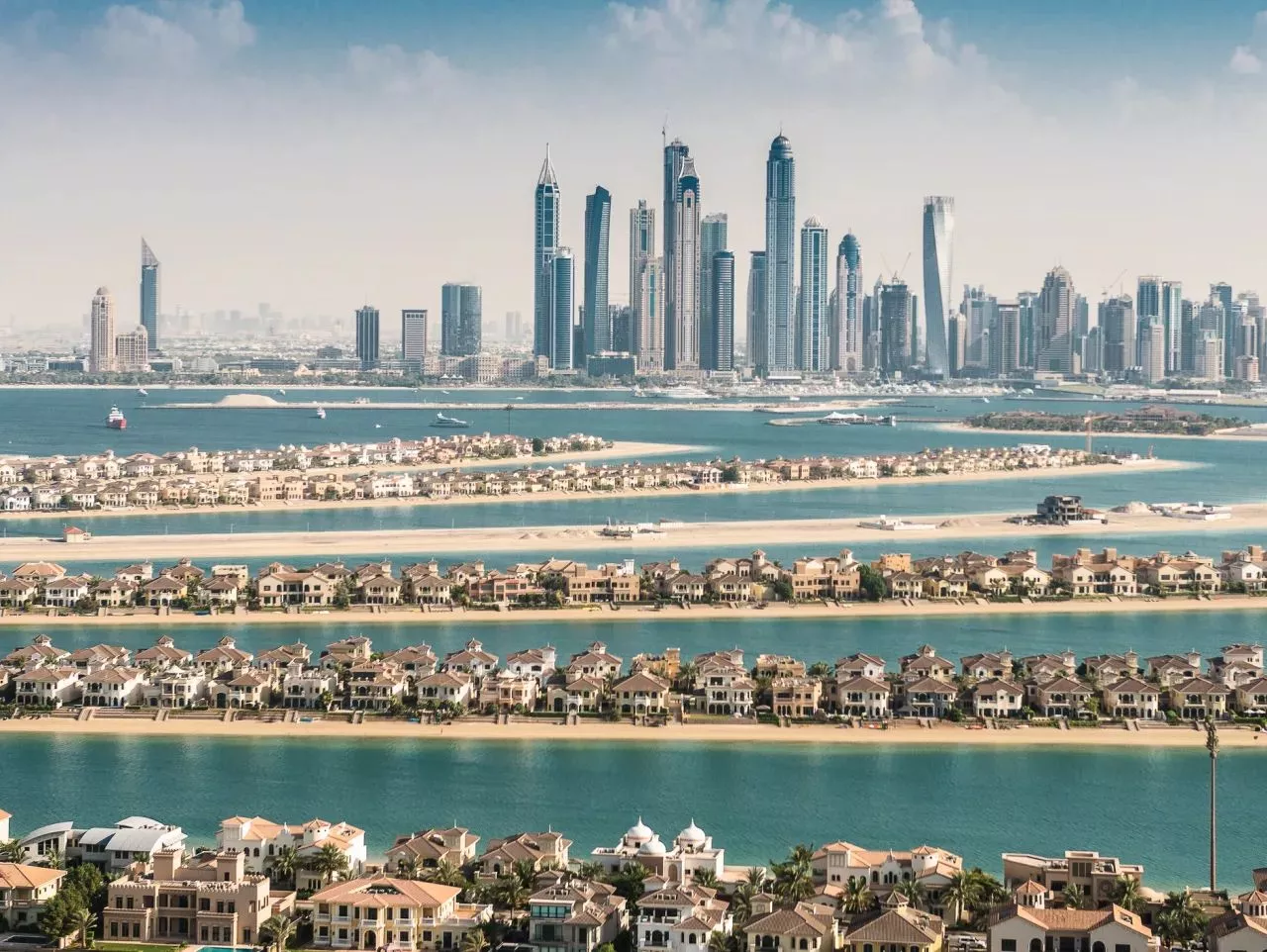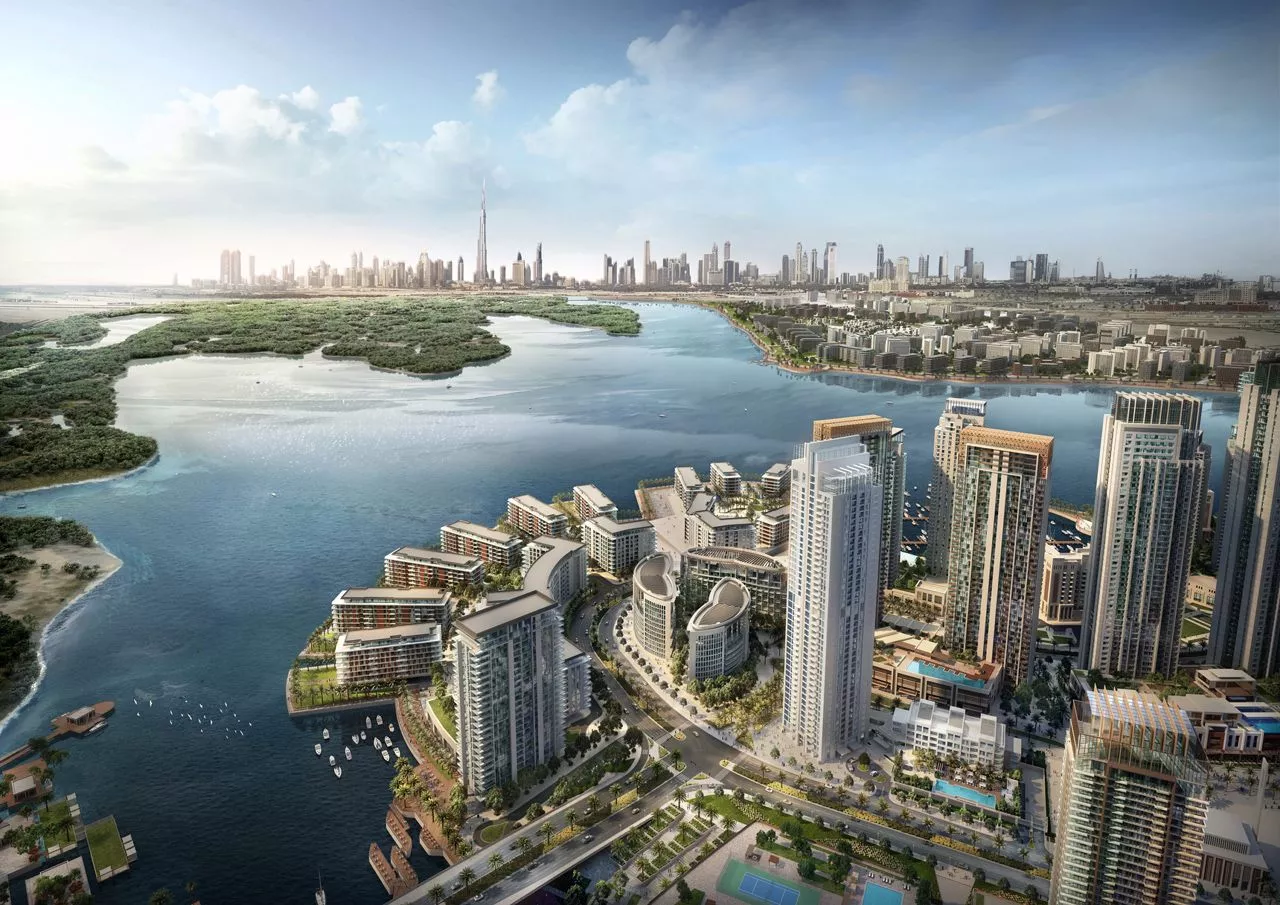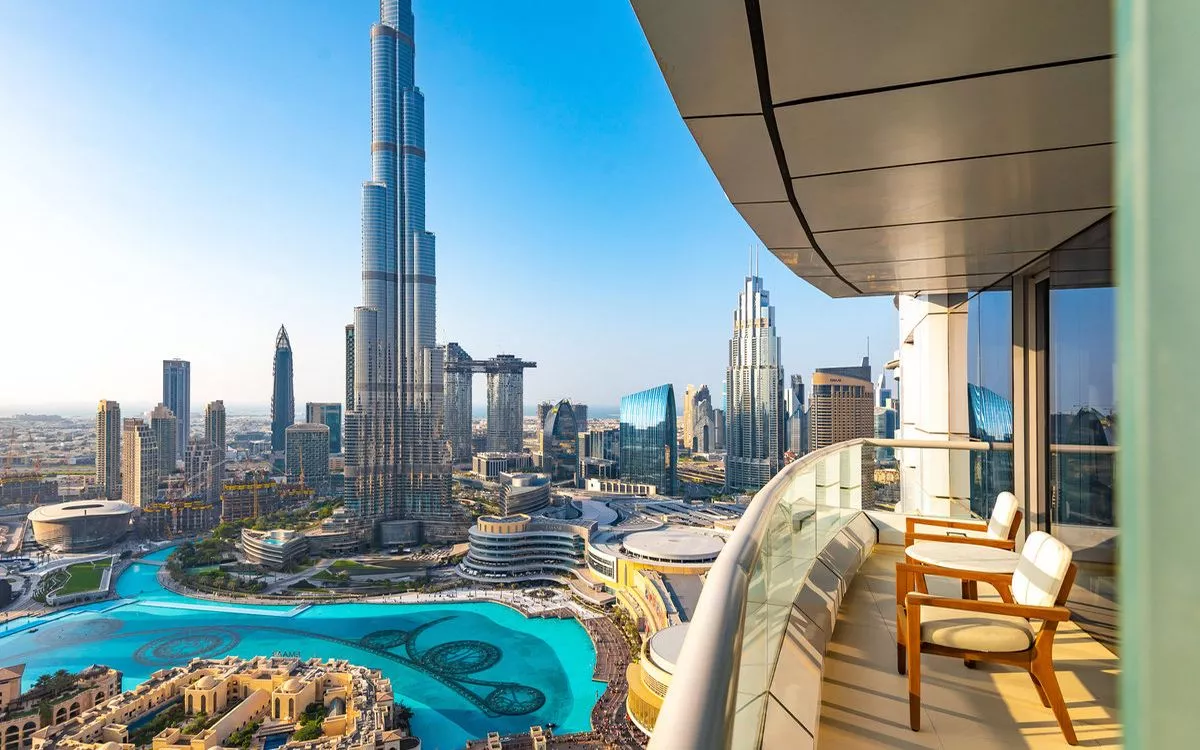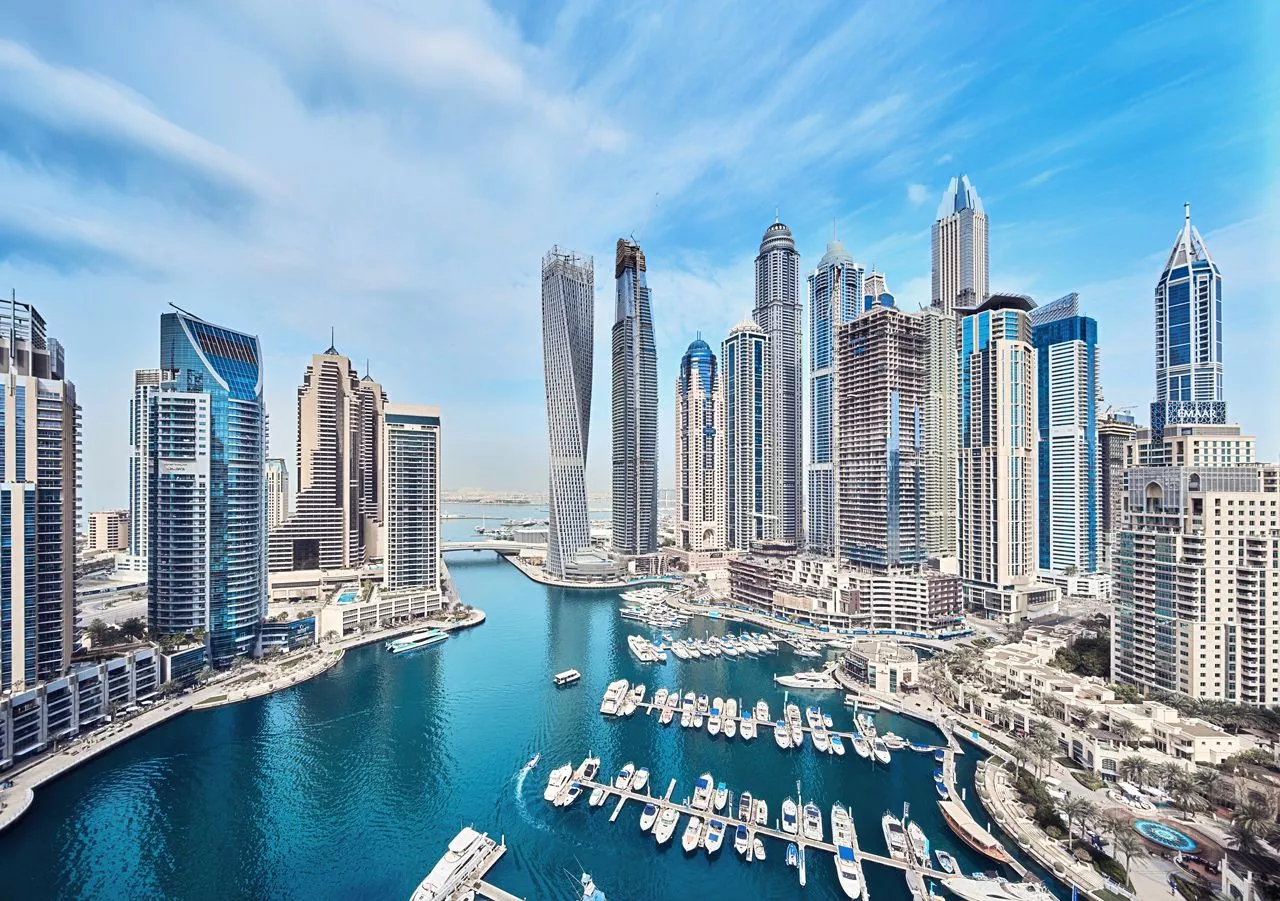I want to rent out my 1-bedroom apartment. Which is better: long-term or short-term?

To earn passive income, you can rent out real estate in Dubai for both short-term and long-term rentals. Short-term rentals bring in high profits but run the risk of having periods without being rented, such as in the off-season. Long-term rentals earn less per day, but are more stable.
What is the difference between short-term and long-term rentals?
Short-term rentals in Dubai are properties that are rented out for less than one year. Accommodation can be rented daily, weekly or monthly, and the price includes utilities and internet. The most common types of short-term rentals are studios and 1-bedroom apartments. People who typically choose short-term rentals include:
<ul><li>tourists;</li><li>business people who come to Dubai on business trips;</li><li>foreign students who come to the emirate for internships, various conferences, etc.</li></ul>
Short-term rentals are popular in Dubai thanks to the fact that the number of visitors is constantly increasing. According to Dubai Tourism, more than 7 million people visited the emirate from January to May 2023 alone, an increase of 1.2 million visitors from the previous year. Accommodation is often rented in areas that have many tourist attractions, entertainment venues, stores and restaurants. The most popular neighbourhoods are Palm Jumeirah, Downtown Dubai and Dubai Marina, though there are many others as well. Long-term rentals in Dubai start at a minimum of one year. Rental contracts can be extended if desired. The demand for long-term rentals in Dubai is growing and one of the main reasons is because of the ever-increasing population. According to the Dubai Statistics Center, there were 3.6 million city residents as of July 2023, an increase of more than 50,000 residents since the beginning of the year. The most commonly chosen long-term rental type is 2-bedroom apartments. People who typically choose long-term rentals are those who are already residing in Dubai or are planning to relocate permanently and include:

<ul><li>families with children;</li><li>young couples;</li><li>entrepreneurs who conduct their business in the emirate.</li></ul>
Long-term renters choose neighbourhoods that have good social infrastructure with plenty of kindergartens, schools, supermarkets and hospitals. Ideal areas include Dubai Creek Harbour, Mohammed Bin Rashid City and Jumeirah Lake Towers.

Advantages and disadvantages
In order to determine which type of rental will be more lucrative, we need to weigh the pros and cons of each.
Short-term
Pros: Flexible payment options. The tenant can pay daily, weekly, or monthly. High income. About twice as much as a long-term rental in terms of profit per day. The possibility to change the price after each guest. It is possible to raise the rental price if it is lower than the market average. For example, if there is an 11-20% difference, you can increase the cost by a maximum of 5%. Cons: Demand may be low. From June to August, the UAE experiences very high summer temperatures, resulting in few tourists at this time. There are additional costs for furniture, appliances, utilities, and internet. You need permission from the Department of Economy and Tourism. The right to rent out a 1-bedroom apartment costs AED 370 (USD 100).
Long-term
Pros: Stable income. The landlord and the tenant sign a contract with the terms and conditions of renting the property. The contract can only be terminated with mutual consent as stated in the Rent Act No. 26 of 2007. If the tenant wants to move out early, a predetermined penalty must be paid to the landlord. No need to constantly look for tenants as the property is occupied for at least a year. The tenant pays for the utilities and internet. Cons: Income is nearly half that of short-term rentals. You can not use your property at any time you want. You can live in it yourself or sell it only once the rental contract is over.

How much can I earn?
To compare the average profitability of a 1-bedroom apartment for short-term and long-term rentals, let’s take a look at the Dubai Marina neighbourhood as an example.
Short-term rental income
The average daily rent for a 1-bedroom apartment is AED 500 (USD 136), or around AED 180K (USD 49K) per year. You will also need to pay:
<ul><li>a fee to the Department of Economy and Tourism of Dubai for the permission to rent out your apartment — AED 370 (USD 100);</li><li>a Tourism Dirham tax — AED 10 (USD 2) per day per bedroom;</li><li>utilities and internet — around AED 1K (USD 283) per month, according to Numbeo;</li><li>maintenance fees — on average AED 600 (USD 163) per month.</li></ul>
If a tenant lives in the apartment for more than 30 days, you do not have to pay the Tourism Dirham tax. After subtracting these costs, our yearly total for short term rentals comes to AED 160K (USD 43K) net profit.
Long-term rental income
The average annual profit from renting a 1-bedroom apartment for long-term rental is AED 100K (USD 27K). Landlords do not have to pay utilities for long-term rentals. However, they are responsible for paying:
<ul><li>Ejari contract registration fee — AED 180 (USD 49);</li><li>maintenance fees — around AED 600 (USD 163) per month.</li></ul>
Taking into account the additional costs, you will receive about AED 92K (USD 25K) net profit per year.

Which is better: renting my apartment on a short- or long-term basis?
Short-term rentals of 1-bedroom apartments bring in high income — about AED 160K (USD 43K) per year, though not without the risk of low demand during the off-season. If stability is important to you, consider long-term rentals instead. The income will be much less than what short-term rentals can bring — AED 92K (USD 25K) — but so will the stress and risk.


